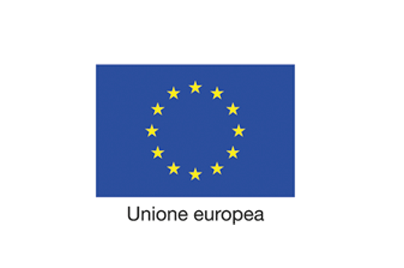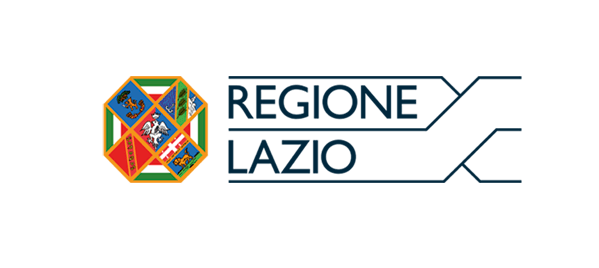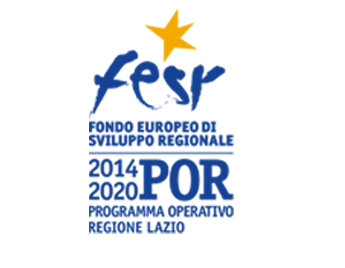
National agency for new technologies, energy and sustainable economic development
ENEA (www.enea.it) is a public body aimed at research, technological innovation and the provision of advanced services to enterprises, public administration and citizens in the sectors of energy, the environment and sustainable economic development.
Since its foundation in the 1960s, its strengths have been applied research, technology transfer and technical-scientific support to companies, associations, territories, central and local administrations. Its focus sectors are energy technologies, nuclear fusion and nuclear safety, energy efficiency, technologies for cultural heritage, seismic protection, food safety, pollution, life sciences, strategic raw materials, climate change.
Among the emerging issues, ENEA supports the productive system as well as public authorities in the transition towards the circular economy and the resource efficiency. ENEA, collaborating with Italian universities and research institutions within the Euratom-ENEA Association and the Eurofusion consortium, conceived the DTT (Divertor Tokamak Test) project for the development of the prototype of the DEMO reactor.
ENEA structure is based on 4 Departments:
- Energy Technologies and Renewable Sources Department
- Fusion and Technology for Nuclear Safety and Security Department
- Territorial and Production Systems Sustainability Department
- Energy Efficiency Unit Department
The ENEA employees are about 2500 permanent units, with 1600 researchers and technologists, distributed over 14 centres and research laboratories and 19 local offices, with a Liason Office in Bruxelles.
The Fusion and Technology for Nuclear Safety and Security Department (FSN) is active in the field of nuclear fusion and participates in major research programmes in physics and technology at national level, as well as international initiatives like ITER and Broader Approach. It also acts as a liaison to Fusion for Energy, the European agency in charge of contributing to the ITER project, with more than 500 SMEs involved.
Other key activities include the development of fourth generation reactors, advanced technologies and systems for security for the protection of the environment and cultural heritage, the exploration of territory, optoelectronic and photonic processes and products. In the medical field, FSN is engaged in the development of proton accelerators with unique characteristics for the treatment of malignancies through proton therapy and in the production of radiopharmaceuticals by also using research reactors.
Within the FSN Department, the Technology Applications for Security, Health and Heritage Division (FSN-TECFIS) is engaged in research and development of technologies, materials, processes and products, based on optoelectronic and photonic techniques and applications of ionizing and non-ionizing radiations, including medical ones.





